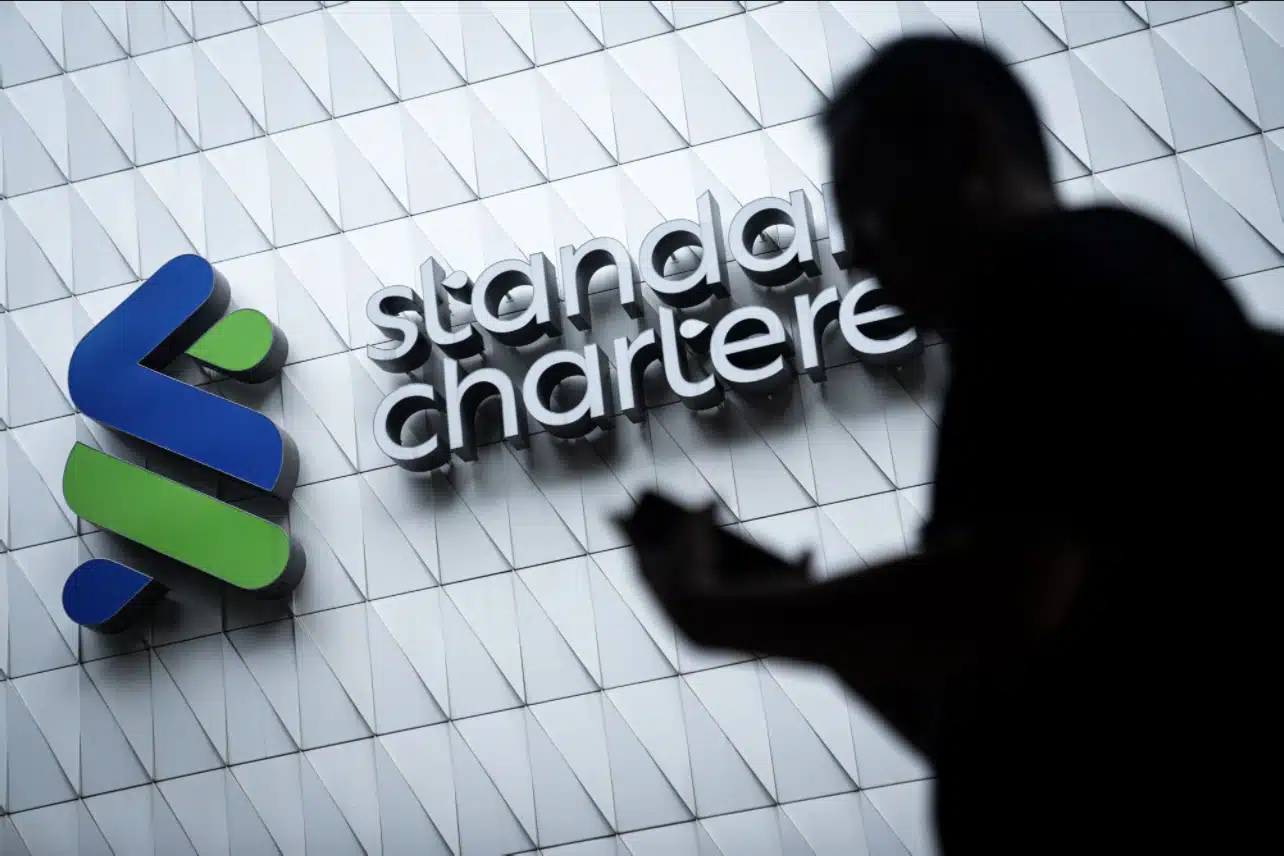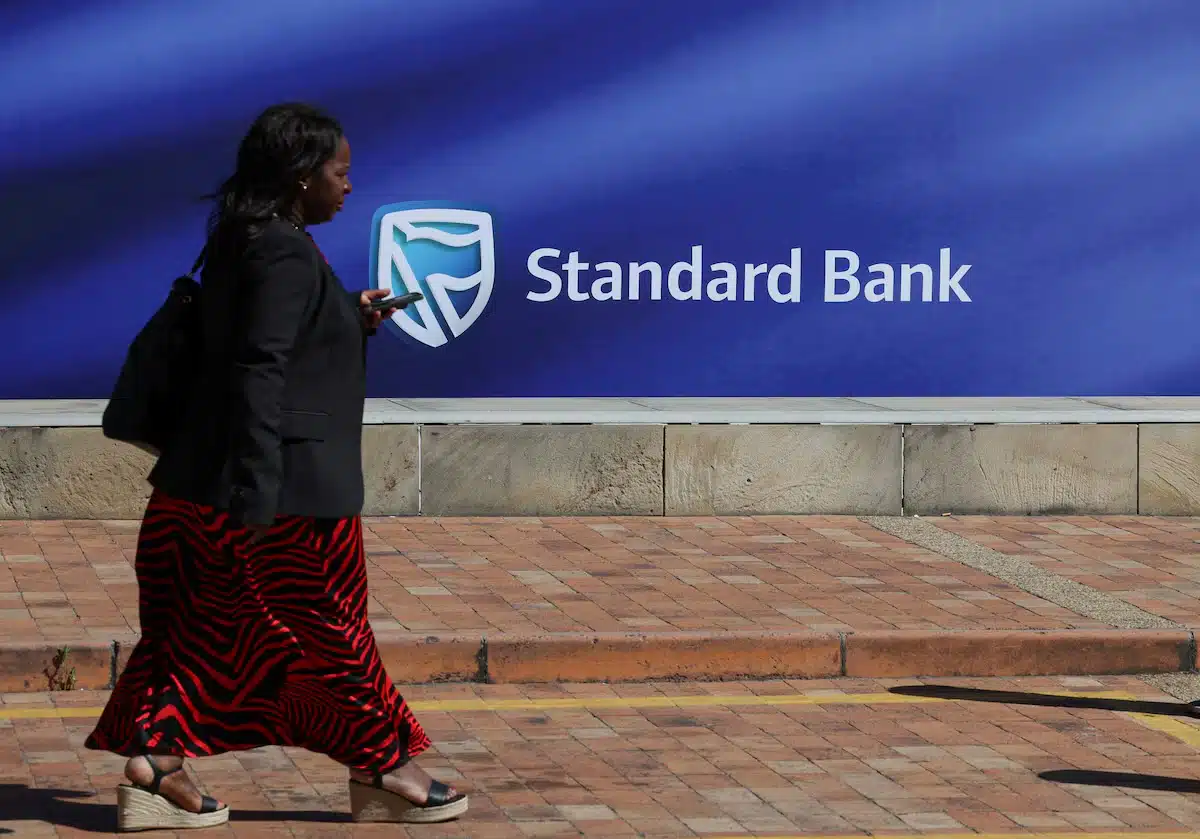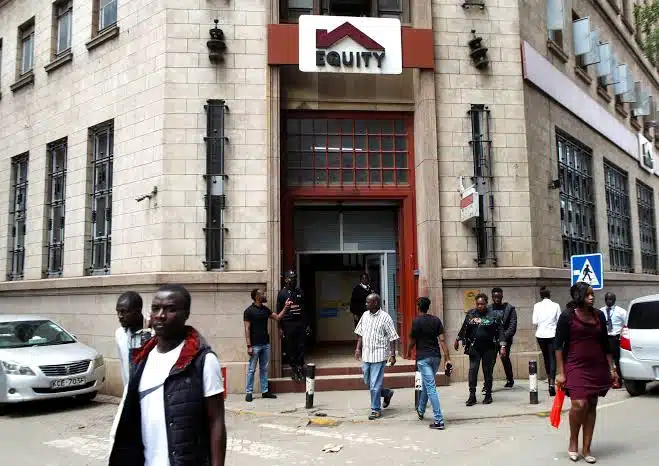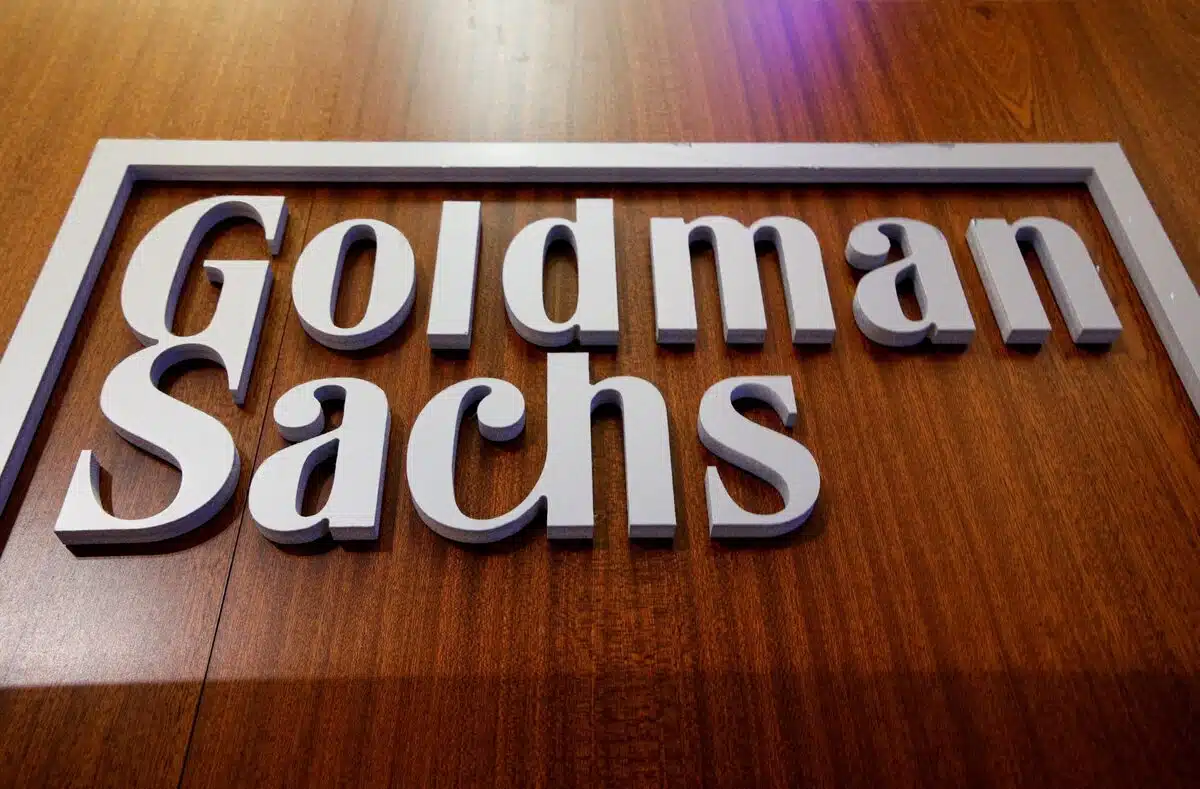Fidelity Bank Plc, one of Nigeria’s major commercial banks, has promoted 376 employees — representing 12% of its workforce — following a strong financial year that saw it deliver the highest profit growth in the country’s banking sector.
In a statement on Thursday, the bank also announced a 20% salary increase across the board, marking its second pay raise in just eight months.
“The announcement, which was recently communicated internally, follows a similar 20% salary increase implemented in November 2024 — a move that underscores the bank’s ongoing commitment to employee welfare,” the statement said.
It added that, under the leadership of Managing Director and CEO Nneka Onyeali-Ikpe, the bank has consistently outperformed market expectations.
Earlier this month, Nigeria’s Attorney General dropped Onyeali‑Ikpe from a $12 million fraud suit involving Fidelity Bank. Official clarification stated that Onyeali‑Ikpe was neither the account officer nor the MD when the allegedly fraudulent account was opened, and there was no evidence directly implicating her. While the ongoing case still names Fidelity Bank as a defendant, the decision reassures stakeholders that there isn’t a legal cloud on Onyeali‑Ikpe’s leadership
In 2024, the bank recorded a 210% surge in Profit Before Tax to $249.5 million, up from $80.2 million in 2023 — the highest growth in Nigeria’s banking sector. It also posted the industry’s highest share price appreciation, rising 116%, buoyed by a highly successful public offer that was oversubscribed by 238%.
In its Q1 financial results, the bank reported a 190% after-tax profit growth to $56.8 million, up from $19.4 million in the same period of 2024. This sharp growth was fueled by a combination of higher interest income, forex exchange gains, and improved cost efficiencies.
Despite its stellar profit growth, investor expectations for regular dividends must be managed following recent developments.
A recent Renaissance Capital Africa report, amplified by a Central Bank of Nigeria (CBN) directive, flagged potentially significant disruptions in dividend payments across the industry. Tier‑1 banks—such as Access, Zenith, FirstBank, and UBA—alongside Tier‑2 players like Fidelity and FCMB, face a moratorium on dividend payouts until at least 2028, attributed to roughly $2.7 billion held in restructured loans under regulatory forbearance.
Investor confidence in the bank’s performance pushed its market capitalisation past the ₦1 trillion mark on April 4, 2025. However, it briefly slipped below that threshold on May 20, following a decline in share price triggered by a Supreme Court ruling in Nigeria.
Further validating its strong financial position, global rating agency Fitch recently upgraded Fidelity Bank’s National Long-Term Rating from ‘A(nga)’ to ‘A+(nga)’.
“The upgraded rating reflects improved profitability metrics and robust capital buffers, reinforcing the bank’s sustained upward trajectory,” Fitch said.
Exchange rate used: $1 = ₦,1549.2 as of June 25, 2025










